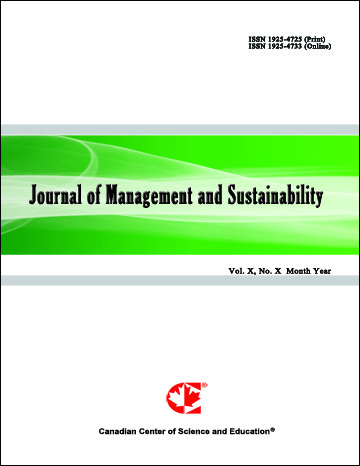The Concept of Waste and Waste Management
- Ebikapade Amasuomo
- Jim Baird
Abstract
Several studies and researches have been conducted on the sources and characteristics of wastes as well as the possible adverse effect of inappropriate handling and best international practices. One thing that is still not clear however is what exactly constitutes a waste? How much do we know about what should be classed as waste? What are the historical contexts of waste managements? The present paper seeks to examine these vital questions with a view to providing answers from previous studies. The paper employed a desktop approach to provide answers to the research objectives. Specifically, the paper uses a descriptive approach to gather information from peer reviewed publications such as, journal articles, environmental organizations reports and books. It was found that, waste is to a large extent subjective in meaning as a substance can only be regarded as a waste when the owner labels it as such. This is particularly true because one individual may regard a substance as a waste, while another may view the same substance as a resource. Nevertheless, it was argued that there is a need to clearly define what constitute wastes as this form the basis for regulation.
- Full Text:
 PDF
PDF
- DOI:10.5539/jms.v6n4p88
Journal Metrics
Google-based Impact Factor (2021): 1.54
h-index (July 2022): 37
i10-index (July 2022): 147
h5-index (2017-2021): 12
h5-median (2017-2021): 19
Index
- Academic Journals Database
- ANVUR (Italian National Agency for the Evaluation of Universities and Research Institutes)
- CAB Abstracts
- CNKI Scholar
- EconBiz
- Excellence in Research for Australia (ERA)
- GETIT@YALE (Yale University Library)
- Harvard Library
- HeinOnline
- Infotrieve
- JournalTOCs
- LOCKSS
- MIAR
- PKP Open Archives Harvester
- RePEc
- Scilit
- SHERPA/RoMEO
- Stanford Libraries
- UCR Library
Contact
- Evelyn XiaoEditorial Assistant
- jms@ccsenet.org
